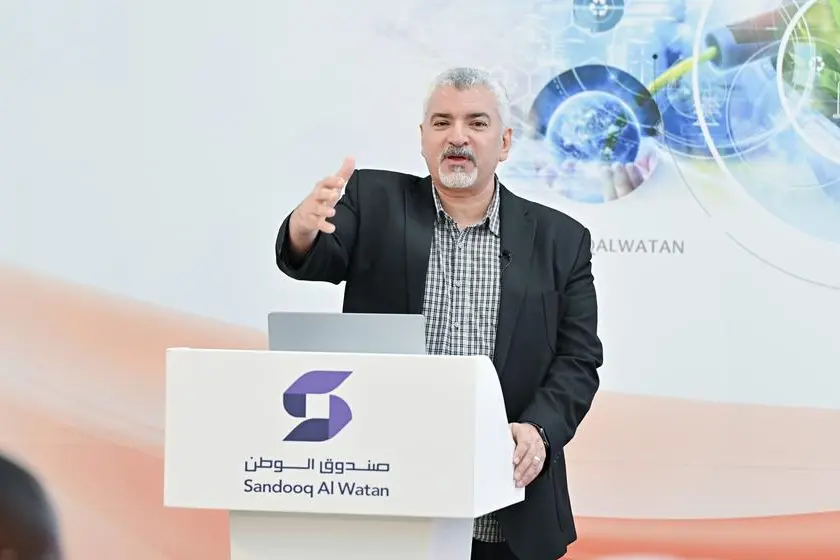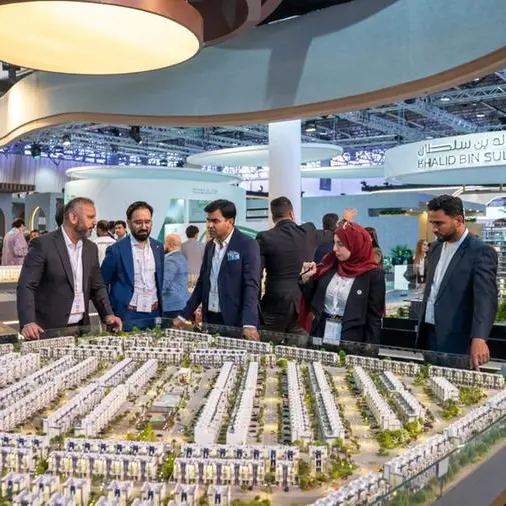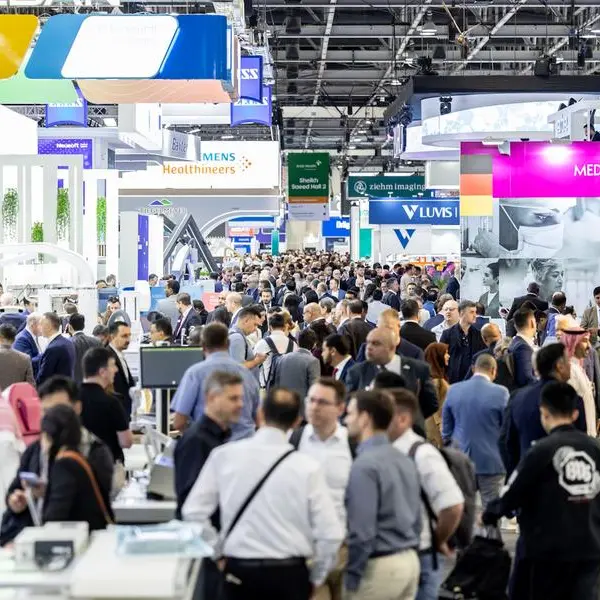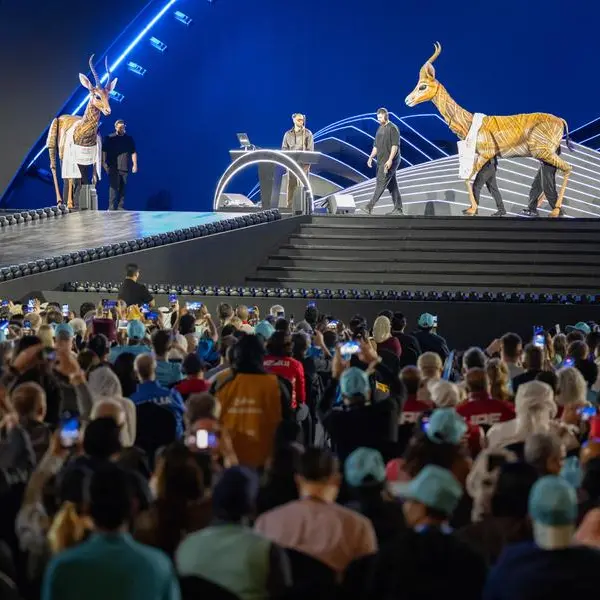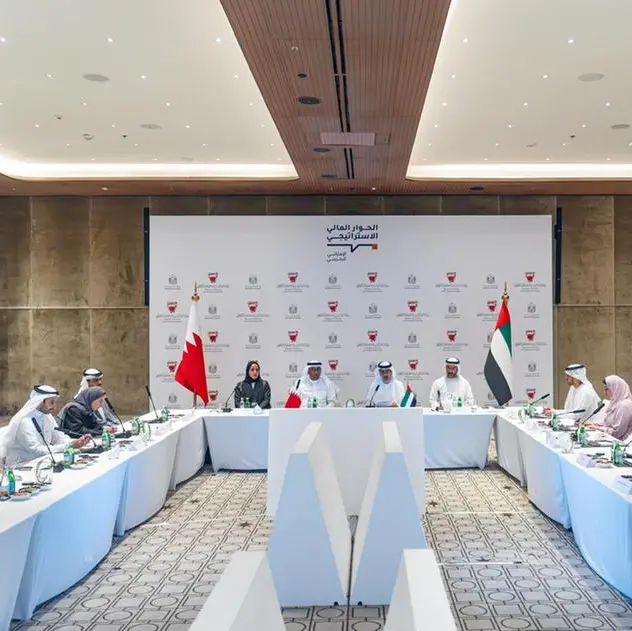PHOTO
- Academics highlighted the need to move from traditional sustainability to a circular economy, categorising sustainability into weak sustainability (focused on environmental concerns) and strong sustainability (requiring operational changes, educational awareness, and community empowerment)
- Panellists emphasised the importance of creating public and built spaces that encourage interaction between diverse individuals, helping to build social cohesion through repeated, intentional engagement in shared environments
- Session underscored the need to integrate education for sustainable development into national curricula, aiming to cultivate students who not only understand concepts but are also empowered to implement their own ideas for societal change
Abu Dhabi, UAE: On the sidelines of the Science Summit during the United Nations General Assembly (UNGA79), Sandooq Al Watan, a private sector, not-for-profit, philanthropic organisation, hosted the ‘Towards Social Sustainability: Innovations and Challenges’ virtual panel discussion. Featuring esteemed academic panellists from various universities across the UAE, including the University of Sharjah, Zayed University, the United Arab Emirates University and Mohammed Bin Rashid University of Medicine and Health Sciences, the panel discussion explored how social dynamics affect sustainable development in the UAE. This session served as a platform to cover topics such as ethical business practices, education, and public health, aiming to promote inclusive communities and advance the UN Sustainable Development Goals (SDGs).
Yasser Al Gergawi, Director General of Sandooq Al Watan said: “In line with Sandooq Al Watan’s vision of fostering a nation characterised by individuals who contribute to and benefit from sustainable economic and social prosperity, we hosted an insightful panel discussion, that brought together esteemed academics from across the UAE to shape a path forward for all members of society towards social sustainability, a critical component of the UAE’s national agenda. The session underscored our commitment to advancing collaboration among academia, industry and government, charting a course for social cohesion, protecting cultural heritage and ensuring a prosperous future for all sectors of the community, thereby supporting the nation’s vision for an inclusive and sustainable UAE.”
During the panel discussion, Dr. Matloub Hussain, Professor of Operations and Supply Chain Management, at the University of Sharjah, said: “There has been a lengthy debate in the manufacturing industries of the West and Europe about how to shift from sustainability to the circular economy, which goes beyond traditional sustainability. I categorise sustainability into two concepts: weak sustainability, which focuses on supply chains, factories, and societies that care about environmental issues and footprints, while strong sustainability necessitates operational changes. Strong sustainability requires educational awareness, research and development, and community empowerment."
Dr. Anne Bartlett, Associate Professor of Government and Society, at the United Arab Emirates University, said: “We know that public space is important, but it must also be inclusive. It's not just about moving through the space as a migrant or an urban inhabitant, it's about stopping. It's about being around people who are different than you and taking the time to interact. The actual act of stopping and repeatedly stopping in a place is what starts to create social cohesion. The main point I want to emphasise is the importance of creating opportunities for people to meet, whether in a building that facilitates movement and collaboration or in public spaces within the city. By designing areas close to buildings, we can effectively foster social cohesion."
Dr. Reem Saleh Easa Al Gurg, Director of Strategy & Institutional Excellence and Assistant Professor of Health Policy, at the Mohammed Bin Rashid University of Medicine and Health Sciences, said: “Advancing health and wellbeing in alignment with Sustainable Development Goal (SDG) three is a key for Mohammed Bin Rashid University. SDG three aims to ensure healthy lives and promote wellbeing for all ages at all times. It focuses on reducing mental health, maternal and child mortality, combating diseases, ensuring universal health coverage and promoting mental health and wellbeing, ultimately striving for a healthier global population. To achieve these objectives, we look at a number of metrics, one of which includes healthcare professional graduates. It is interesting to observe their journey from the moment they begin their training and join the workforce in hospitals, healthcare setups, primary healthcare and community-based outreach programmes, where they can make a significant impact on various populations in the UAE.”
Dr. Leonard Itayi Chirenje, Assistant Professor of Sustainability Sciences at Zayed University said: “Sustainable Development Goal Indicator 4.7.1 emphasises the importance of fostering global citizenship and education for sustainable development, which should be integrated into national educational policies, curricula, teacher education and student assessments. Achieving this integration is crucial for a sustainable society as we move forward. A new frontier represents a new way of thinking, moving away from the traditional perspective of ensuring that students merely understand concepts. Instead, we aim to cultivate learners who leave the classroom with a clear sense of purpose and a desire to effect change. Our intention is to ensure that we propagate and cultivate a culture in which our students, when they are moving out of the class, they do not want to regurgitate facts only but implement their own ideas.”
Dr. Khaled Galal Ahmed, Professor of Architectural Engineering at the United Arab Emirates University, said: “We are all aiming to reach the same sustainability goals. From a housing point of view, we need to realize the social needs of the people. That's why we are designing houses - to accommodate their functional, social, and cultural needs. But the challenge is, if you look at what people are doing, we start with one design, and each family is expressing their own identity. We cannot just have one unified design. But if we leave them to do whatever they wish without professional integration, they will end up with more socially sustainable outcomes, but also associated with many other problems."
The panel discussion focused on the key aspects of social sustainability, highlighting innovative approaches to cultivating community engagement, sustainable urban design, and the integration of circular economy principles. Panellists explored how social cohesion can be strengthened in a diverse society like the UAE, while addressing the challenges of designing adaptable housing that meets both cultural and environmental needs. The importance of healthcare accessibility and mental health awareness was emphasised, along with education's role in equipping future generations with the necessary skills for sustainable development. The discussion highlighted the UAE’s proactive initiatives aimed at advancing sustainable progress, where cultural heritage, community wellbeing and environmental sustainability work hand in hand.
About Sandooq Al Watan:
Sandooq Al Watan, a private sector, not-for-profit, philanthropic organisation with a significant endowment approaching AED one billion, invests in programmes and initiatives aimed at addressing three big challenges currently faced by the people of the United Arab Emirates.
Providing funding and support for initiatives that contribute to the economic and social development of the United Arab Emirates and that increase the participation of young Emiratis in the private, social and creative sectors of the economy.
Sandooq Al Watan is focused on empowering Emiratis to help solve pressing problems and confront big challenges that currently lack impactful solutions.
To learn more about Sandooq Al Watan please visit: https://sandooqalwatan.ae/
For media inquiries, please contact:
Dana Abdulrahman
DAbdulrahman@webershandwick.com
